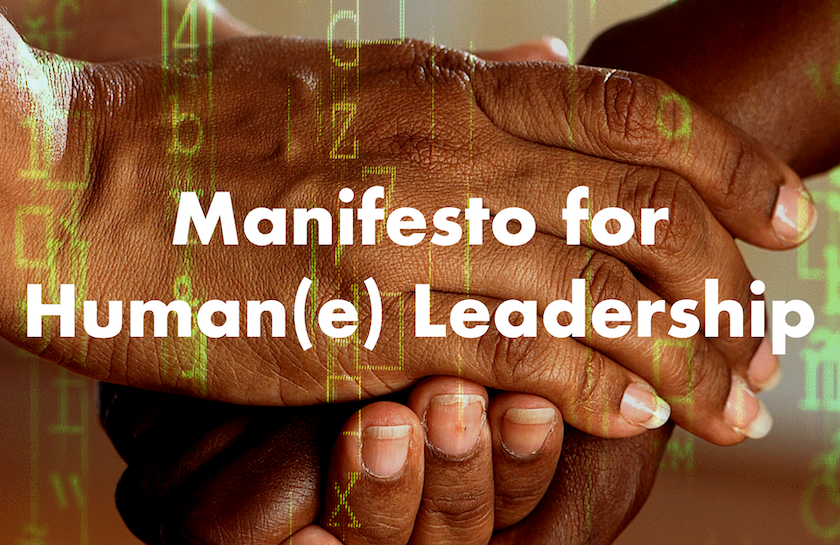There are all sorts of ideas. And those who have visions should consult a physician, as Helmut Schmidt once said. After all, the most important thing is that the business runs efficiently, and wild ideas only get in the way of that. If they nevertheless haunt your organization, here are three surefire ways to kill any innovation right from the start.
You have to be run by ideas, not by hierarchy.
Steve Jobs
Check Responsibility
For each new idea, the first thing you need to do is check whether the person who puts it forward is authorized to do so. Or if he simply gets involved in things that are none of his business and for which he is not qualified. Where would we get if everyone could come up with wild ideas and disturb the actual work?
Should the idea turn out to be usable despite the fact that someone had it without a proper assignment, please check next who is really responsible for this idea and its implementation. Tidiness is a must! Only ideas that are properly anchored in the organization have any chance at all. The next point helps you tremendously with this check.
Check with Everyone
A camel is a horse designed by a committee.
For every good idea, there are always dozens of departments in large organizations that are theoretically or practically affected by it and with whom this idea must be coordinated. Be sure to check where someone else is already doing or planning something distantly similar. Make sure that you generalize the idea already at this early stage! Make a thorough analysis of all potential stakeholders. And do not neglect the committees involved in this process. In the unlikely event that you don’t find any suitable committees, simply set up one for the further implementation of this idea. Make this committee as large as possible: Only really large committees are good committees!
You know how many committees we have at Apple? Zero. We’re organized like a startup. We’re the biggest start up on the planet.
Steve Jobs
Clearly, the initially radical idea is being slightly smoothed down in this process. Do not let yourself be persuaded that this is a mistake. On the contrary, you should strive for consensus with all stakeholders. This is the only way to ensure support within the organization. And this backing is the most important thing!
Plan, Plan and Plan Again
Yes, make yourself a plan; it just goes up in smoke! And make yourself a second plan; they both come to nothing.
Bertolt Brecht
Now that you’ve brought all of them together and have a consensus on the idea, which has now been trimmed to the right mediocre level, with all of the interested parties, it is imperative that you come up with a plan. Not just any plan, but a proper, detailed, sound and, of course, agreed plan. After all, we are professionals, not tinkerers!
And plan it to the very end and preferably beyond. Make detailed business cases for decision making. Just don’t fall for this new-fangled agility and just get started. You don’t want to expose yourself to the organization by trying it out agilely and then moving from failure to failure? Professionals plan correctly!






2 Comments
Thank You for the camel-image, Marcus.
Now, You are entering the fusion point of co-effecting.
Whether a horse or a camel is more suitable to the needs of the user depends on the given context.
Is it important
— to be first on track,
— enjoying the animal-human-interaction or
— do You need to carry exotic goods via a long and mostly uncontrollable distance?
The better understanding of the ‘context-of-needs’ is, the better Your work can address.
Some individuals know from their experience and education, sometimes named as ‘genious’ from external perspective.
Others need peers to extend their limited perspective by those of peers.
Feel free to follow Frank’s travel log while he finds his way towards #Greatness beyond #EgoBarrier.
EN: https://leanpub.com/aoc/
DE: https://leanpub.com/kdz/
#enjoy or #ignore … it’s up to You!
Thanks, Alexander! I did not want to suggest that we need heros or geniuses. I’m totally convinced that a diverse group of really committed people can do amazing things. However, the committees I had in mind are neither diverse nor committed. And then it happens that the horse becomes a camel because one eventually might need a camel just in case of an expansion of our business to Africa. But as this is not yet decided, maybe we just should postpone the decision on the horse until we have decided the expansion …